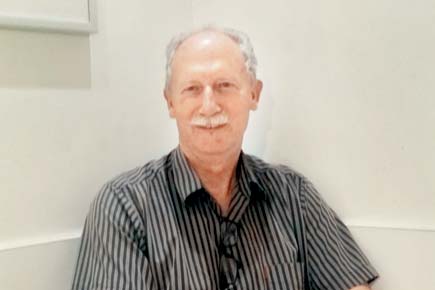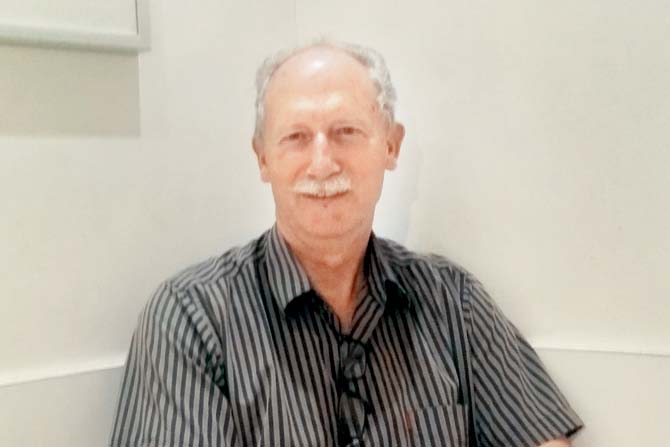A son of Mussourie returns periodically to decode its sounds and how globalistion has affected the economy of folk music


Andrew Alter, a professor at Sydney's Macquarie University, displays no sign of an accent when he calls asking for directions. In Mumbai with students to attend a series of lectures at the Tata Institute of Social Sciences, Alter seems more comfortable with Mumbai than someone who is new to India. But, again, Alter is no stranger.
Cousin to veteran actor Tom Alter, Andrew was born in Mussourie and studied at the local Woodstock School. It's here -- rather it's the many hikes he took in the Garhwal hills, first, as a student and later as a teaching assistant -- that Alter was introduced to the music of Garhwal. "We'd hear the rhythm of drums. Local musicians used dhols, fatter and squatter than what's normally seen, and there'd be a second person playing the damaun. To most people, I am sure, there was no pattern to the beating of the drums. However, I was curious to know if there was a structure especially when the piece was being conceived," he says as he sips on a cappuccino at a BKC cafe.
Between 2000 and 2001, Alter visited the villages and recorded sounds and images to understand the nuances of each piece played. What he found was that the rhythm changed depending on the part of the geographical journey. For instance, if the music was played while the baraat moved from the groom's village to the bride's, the rhythm would be slower when the party was moving uphill, and faster when downhill. There were different sounds for U-Turns, crossing bridges and when negotiating the steep portions.
These bits made it to two books he has written on the subject -- Dancing with Devtas: Drums, Power and Possession in the Music of Garhwal (the paperback edition of which has just been released) and North India and Mountainous Sound Space: Cultural Practice of Music in the Himalayas (published in 2014). But what it also did was make Alter curious about the economy of folk music. This is the next project he is working on.
In the '90s, says Alter, some folk musicians would record their music on cassettes and make, even if meager, an income from this. The age of globalisation and digitization however, means that much of this music is now available online for free. "While the Internet providers may make money each time someone listens to the song, not the musicians themselves," he rues.
Why would the musicians then record their songs? Because it could get them live gigs, says Alter.
Alter is also working with Dr Vasudha Pande, who teaches at Delhi's Lady Sri Ram College, on a project on Kumaoni epics. And when do the works release? "It's still in the works."
 Subscribe today by clicking the link and stay updated with the latest news!" Click here!
Subscribe today by clicking the link and stay updated with the latest news!" Click here!







